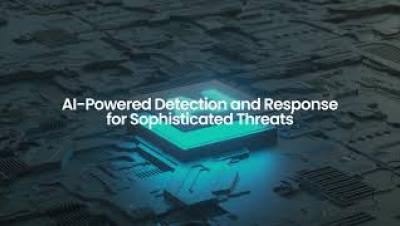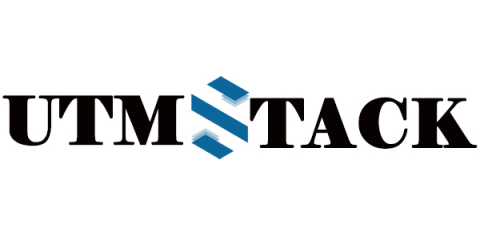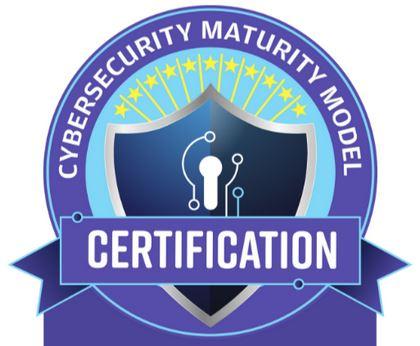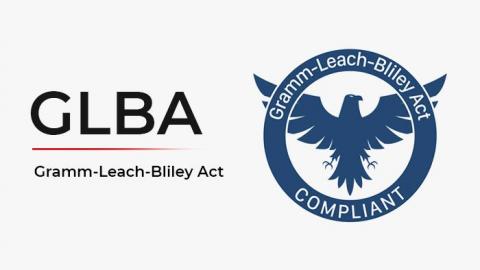Security | Threat Detection | Cyberattacks | DevSecOps | Compliance
UTMStack
What are Advanced Persistent Threats (APT) and How to Prevent Them.
The Future of Cybersecurity: Unleashing the Power of AI and Threat Intelligence
The rapidly evolving landscape of cybersecurity is witnessing the genesis of new paradigms, redefining the ways we perceive threat detection and response. Traditional approaches to cybersecurity are proving less effective against the sophistication of modern cyber threats. Among the many possible solutions, the integration of Threat Intelligence (TI) and Artificial Intelligence (AI) stands as an impressive contender, aiming to set a new standard in the industry.
UTMStack Unveils Ground-breaking Artificial Intelligence to Revolutionize Cybersecurity Operations
Doral, Florida UTMStack, a leading innovator in cybersecurity solutions, has announced a significant breakthrough in the field of cybersecurity – an Artificial Intelligence (AI) system that performs the job of a security analyst, promising to transform cybersecurity practices forever.
The Crucial Role of Log Management in Compliance
In today’s digital landscape, businesses face a multitude of regulatory requirements designed to safeguard sensitive data and protect individuals’ privacy. Compliance with regulations such as HIPAA, GLBA, CMMC, PCI, and others has become paramount, making it essential for organizations to have robust log management solutions in place.
Mastering CMMC Compliance with UTMStack: A Comprehensive and Technical Approach
Achieving and maintaining Cybersecurity Maturity Model Certification (CMMC) compliance is a critical requirement for organizations operating within the defense industrial base. As a comprehensive SIEM solution, UTMStack offers advanced features and capabilities that not only streamline the compliance process but also inspire confidence in security and protection.
SIEM Systems for IBM AS400
Security Information and Event Management (SIEM) systems are essential for protecting IBM AS400 systems in the financial industry. These systems are designed to collect, analyze and correlate log data from various sources, including servers, network devices, and applications, to identify security threats and compliance violations.
Top Five Cybersecurity Pain Points of 2023 - Internet Trends Analysis
According to an analysis realized on millions of comments and posts from technical communities and forums on the internet, these are currently the biggest cybersecurity needs or pain points that are lacking solutions or improvement across organizations: It’s worth noting that the above-mentioned concerns can vary by organization size, industry, and specific use case, but they are the common pain points that are frequently mentioned in the online communities and forums.
Advanced persistent threats (APTs) Prevention with SIEM Systems
Advanced persistent threats (APTs) and targeted attacks are a growing concern for organizations of all sizes. These types of cyber attacks are characterized by their high level of sophistication and the ability to evade traditional security measures. In order to defend against APTs, organizations need to adopt a multi-layered approach that includes implementing security information and event management (SIEM) systems.
Are XDR System replacing SIEM?
XDR (Extended Detection and Response) systems and SIEM (Security Information and Event Management) systems share some similarities, but they are not exactly the same and do not necessarily replace each other. XDR systems are a newer technology that is designed to provide organizations with a more comprehensive view of their security posture by collecting and analyzing data from multiple sources, such as endpoints, networks, and cloud environments.







